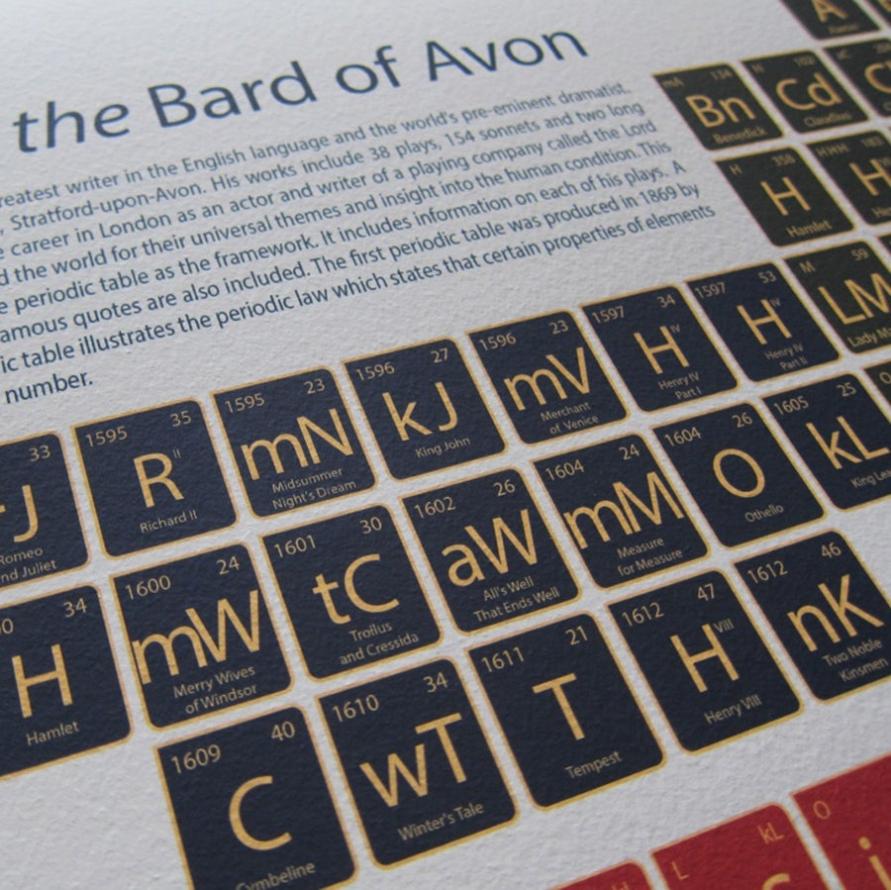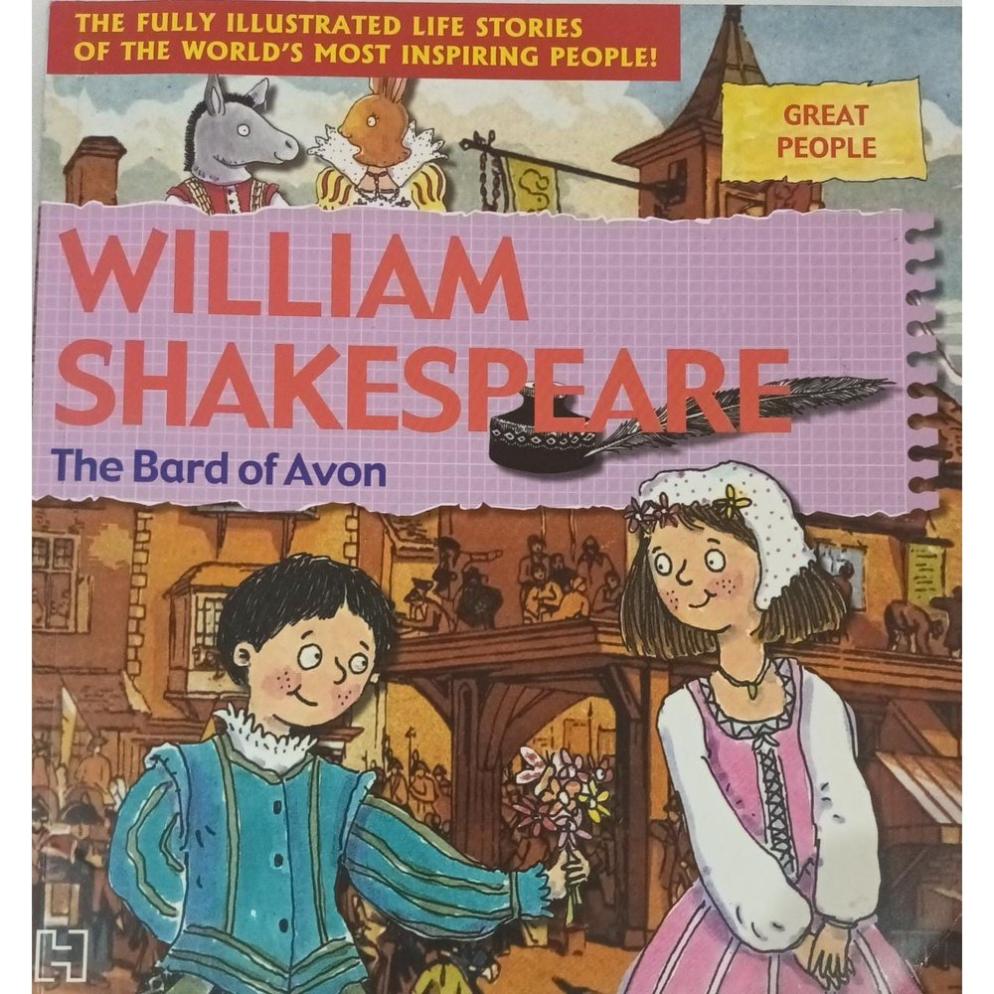What Are Some of the Most Famous Shakespearean Characters?
For centuries, William Shakespeare's plays have captivated audiences worldwide with their timeless themes, intricate plots, and unforgettable characters. These characters have transcended the boundaries of time and culture, becoming iconic figures that continue to inspire, intrigue, and provoke thought.

I. Most Iconic Characters
Hamlet (Hamlet)
- The protagonist of one of Shakespeare's most famous tragedies.
- A complex and introspective character, grappling with existential questions, moral dilemmas, and the desire for revenge.
- His philosophical musings and struggle with inaction have made him a timeless symbol of human frailty and the complexities of the human condition.
Romeo And Juliet (Romeo And Juliet)
- The star-crossed lovers from Shakespeare's timeless tragedy.
- Their youthful passion, defiance of societal norms, and tragic fate have made them enduring symbols of love, loss, and the power of destiny.
- Their story continues to resonate with audiences across cultures, transcending time and geographical boundaries.
Macbeth (Macbeth)
- An ambitious Scottish general who becomes consumed by power and guilt.
- His descent into madness and the tragic consequences of his actions explore the dark recesses of human nature and the corrosive effects of ambition.
- Macbeth's psychological depth and moral ambiguity make him a compelling and unforgettable character.
II. Other Notable Characters
Falstaff (Henry IV, Parts 1 And 2)
- A witty, corpulent knight and a companion to Prince Hal.
- His comedic antics, his influence on Prince Hal's development, and his eventual rejection add humor and complexity to the play.
- Falstaff's popularity and enduring appeal lie in his Falstaff's wit, his loyalty, and his embodiment of the joys and follies of life.
Cleopatra (Antony And Cleopatra)
- The captivating queen of Egypt and lover of Mark Antony.
- Her intelligence, charisma, and tragic downfall make her a powerful and iconic figure.
- Cleopatra's historical significance and her representation of feminine power continue to fascinate audiences.
Othello (Othello)
- A noble Moorish general who is manipulated by Iago.
- His tragic flaw of jealousy, his descent into madness, and his ultimate downfall explore the destructive power of jealousy, racism, and betrayal.
- Othello's character delves into the complexities of human nature and the devastating consequences of unchecked emotions.
Shakespeare's characters are not mere figments of his imagination; they are mirrors reflecting the human condition in all its complexity and diversity. Their enduring impact on literature and culture lies in their universality and timelessness. They continue to resonate with audiences across generations, inspiring new interpretations and sparking countless conversations about the human experience.
As we delve into the world of Shakespeare's characters, we are invited to question our own motives, explore the depths of our emotions, and confront the complexities of human existence. Their stories challenge us to think critically, to empathize with others, and to seek a deeper understanding of ourselves and the world around us.
The enduring legacy of Shakespeare's characters lies in their ability to transcend time and culture, speaking to the human spirit in a profound and meaningful way. They continue to inspire, provoke thought, and enrich our lives with their timeless wisdom and enduring appeal.

Reflective Question:
In an era where technology and digital media dominate our lives, what is the continued relevance of Shakespeare's characters? How do they continue to captivate audiences in a rapidly changing world?
YesNo

Leave a Reply